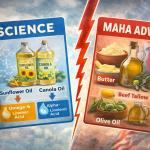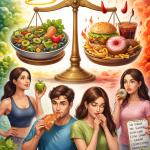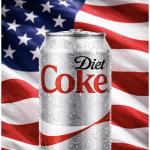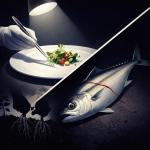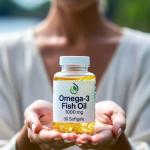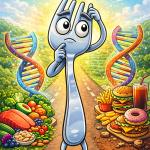In the new, 2025–2030 Dietary Guidelines for Americans, readers are advised to “prioritize oils with essential fatty acids, such as olive oil. Other options can include butter or beef tallow.”
Food & Nutrition
A study published this month in the Journal of the American Medical Association (JAMA) reveals that your daily caffeine fix might be doing more than just perking you up—i
I’ve reached the point in my life where my memory is slipping a bit. You know — getting on a bus with a movie ticket, finding my sneakers in the freezer, or driving on the left side of the road. Backwards.
Dr. Dinerstein calls it the 'climate crisis within'-- meaning that Western lifestyle has wrecked our gut microbiome. So how do we fight it?
“Make America healthy again” sounds like a great slogan. It is loaded with nostalgia and … haziness. What is that “again” all about? When were those halcyon days when Americans were healthier than now?
I love Chinese food, and as a foodie, I have made my pilgrimage to both The French Laundry and Per Se (in its day). While I was duly impressed, other food professionals were not.
In the opening pages of The Wealth of Nations, Adam Smith invites us into a pin factory. A single laborer, attempting to fashion pins alone, might produce only a handful in a day.
Join Cameron English and Dr. Chuck Dinerstein on Episode 156 of the Science Dispatch podcast as they discuss:
Both genetics and “environmental risk factors” play roles in our longevity.
